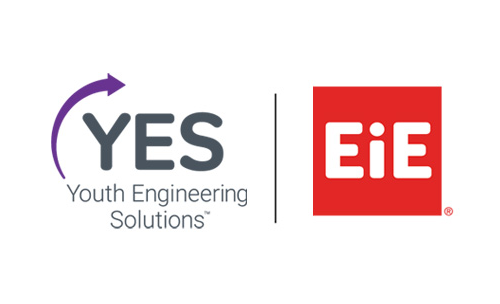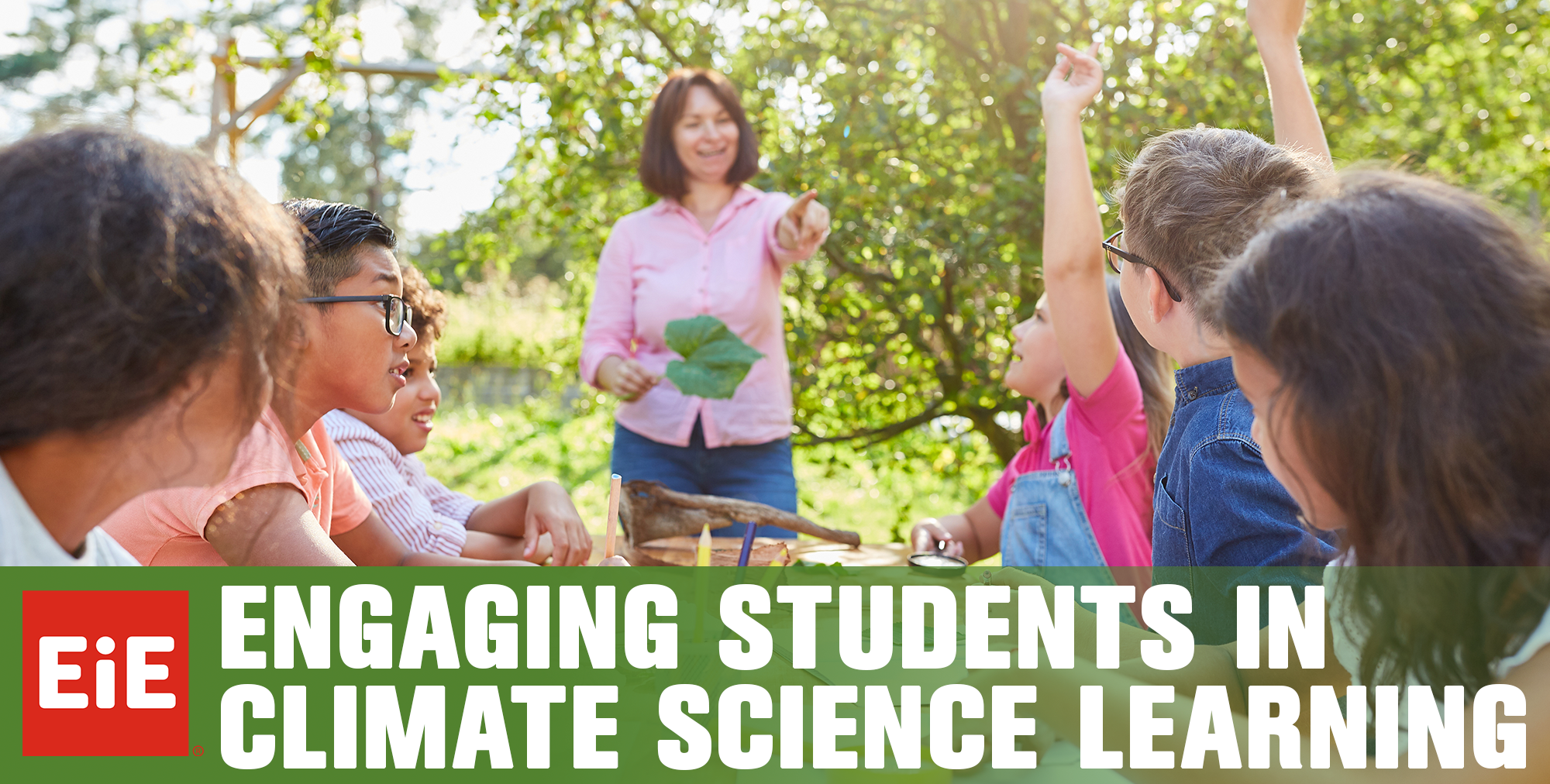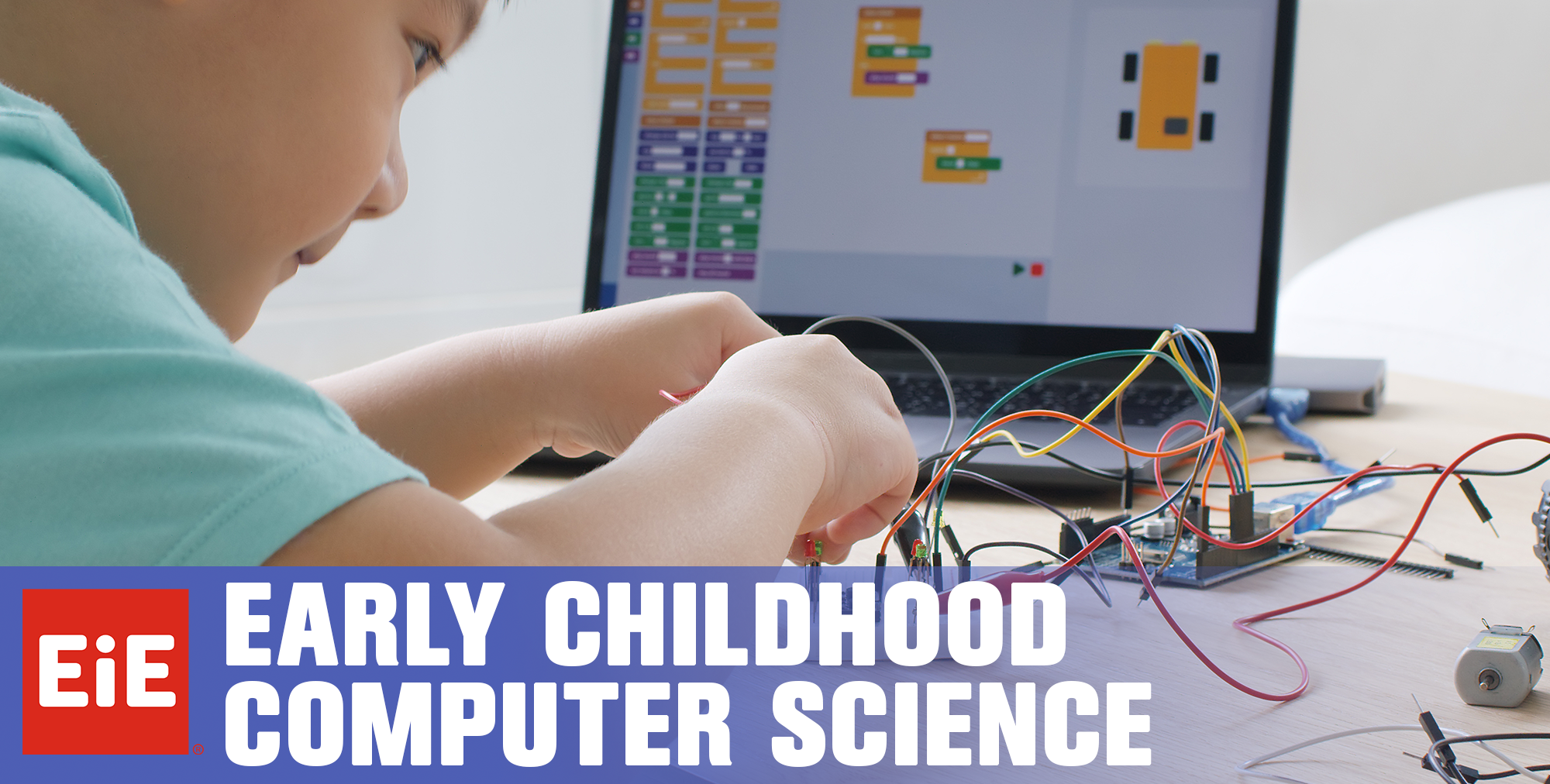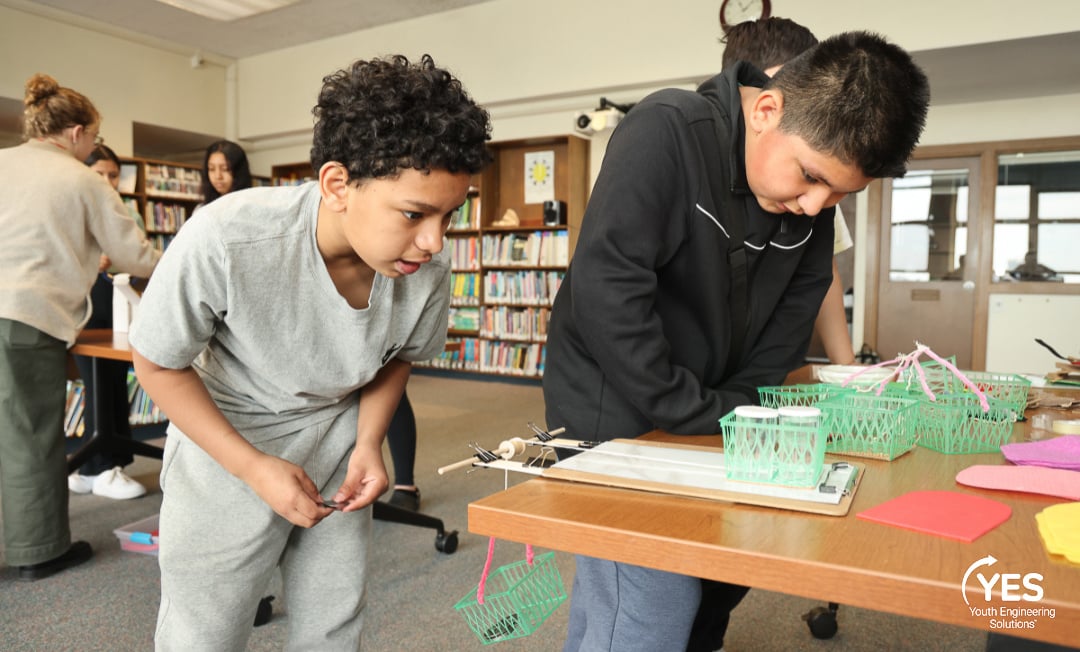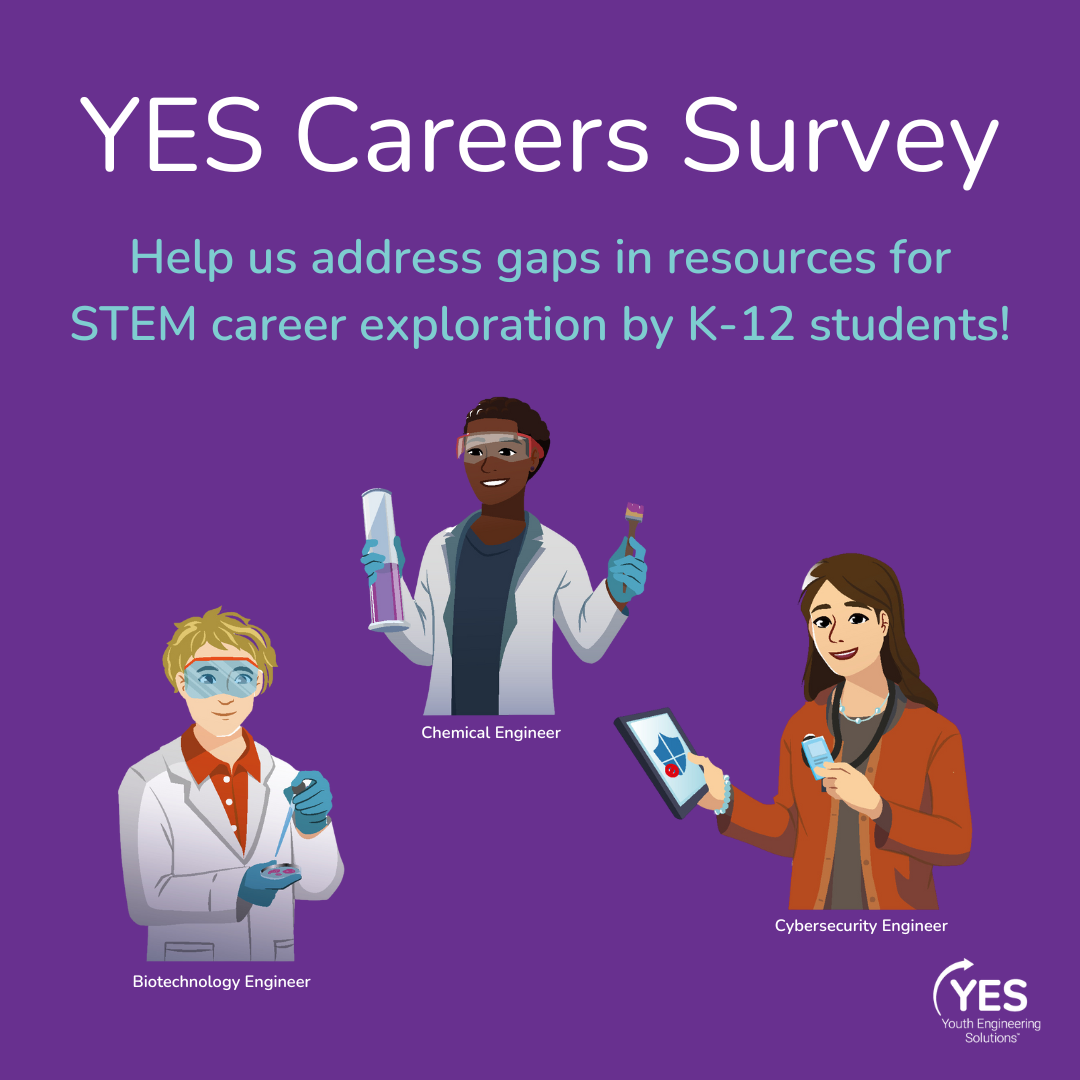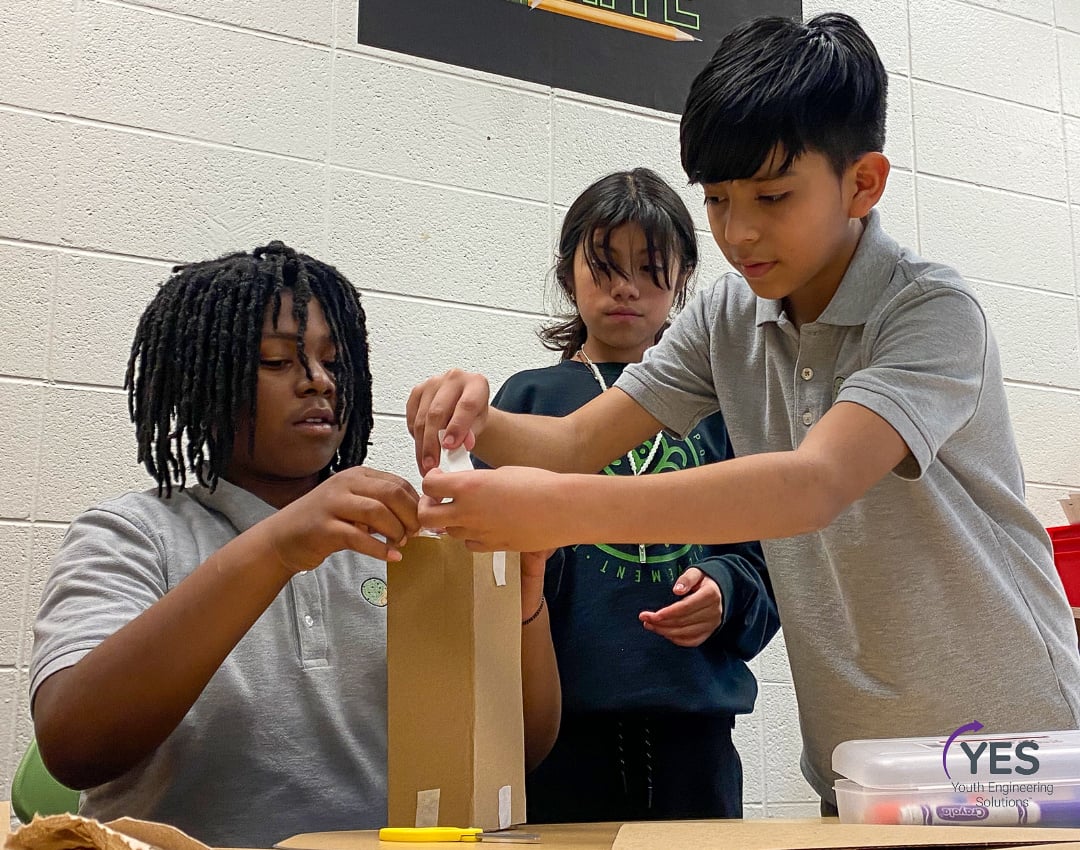In Pre-K education through the first years of elementary school, engineering skills may not be top of mind for parents or educators, but a solid foundation of problem-solving practice familiarity with the engineering design process will serve learners long beyond their early learning years. Though engineering in the early years looks different than the experiments and calculations students learn later in their education, hands-on learning for young kids builds on the same skills!
EiE Resources for Teachers | Early Childhood STEM Education | EiE Teaching Tips | STEM Implementation | Climate Change | Earth Day | Environmental Education Week | Wednesday, April 19
Engaging Students in Climate Science Learning
Whether you’re celebrating Earth Day or Environmental Education Week or just trying to find new ways to get students interested in learning about climate science and climate change, EiE has the resources you need. Engaging lessons are key to building real-world connections and developing concrete understanding to build on for years to come. You can engage your students in climate learning and get them thinking about solutions by:
Out-of-School time | EiE Resources for Teachers | Early Childhood STEM Education | EiE Teaching Tips | Engineering for All | Afterschool/Summer Camp | Create a Generation of Problem Solvers | STEM Implementation | Summer Learning | Wednesday, April 5
Benefits of Summer STEM Learning
Summer is right around the corner! While summer is an important time for rest and rejuvenation, it’s also an incredible opportunity for students to explore new interests and expand their knowledge base. For STEM learning, this can be an opportunity for struggling learners to build confidence and confident learners to discover new passions.
Out-of-School time | Afterschool | Afterschool/Summer Camp | Create a Generation of Problem Solvers | Engineering Activities | EiE for Families | EiE Families | Wednesday, March 29
Exploring the Impacts of Family STEM Engagement
Incorporating learning time with family time has been shown to have a positive impact on learners of all ages. Not only does it increase attendance and graduation rates, but it also provides opportunities to develop essential social and emotional learning skills. But where to begin?
